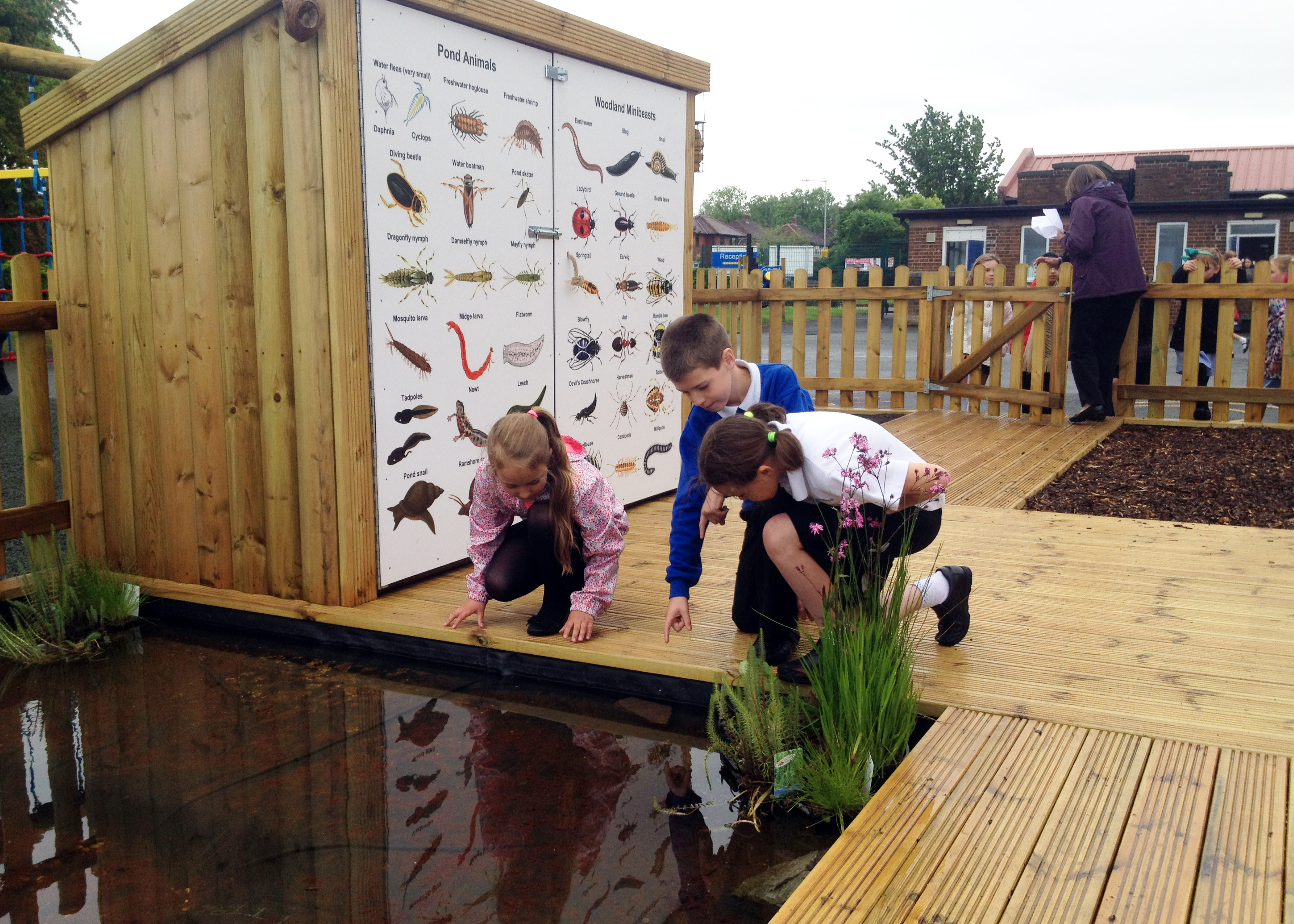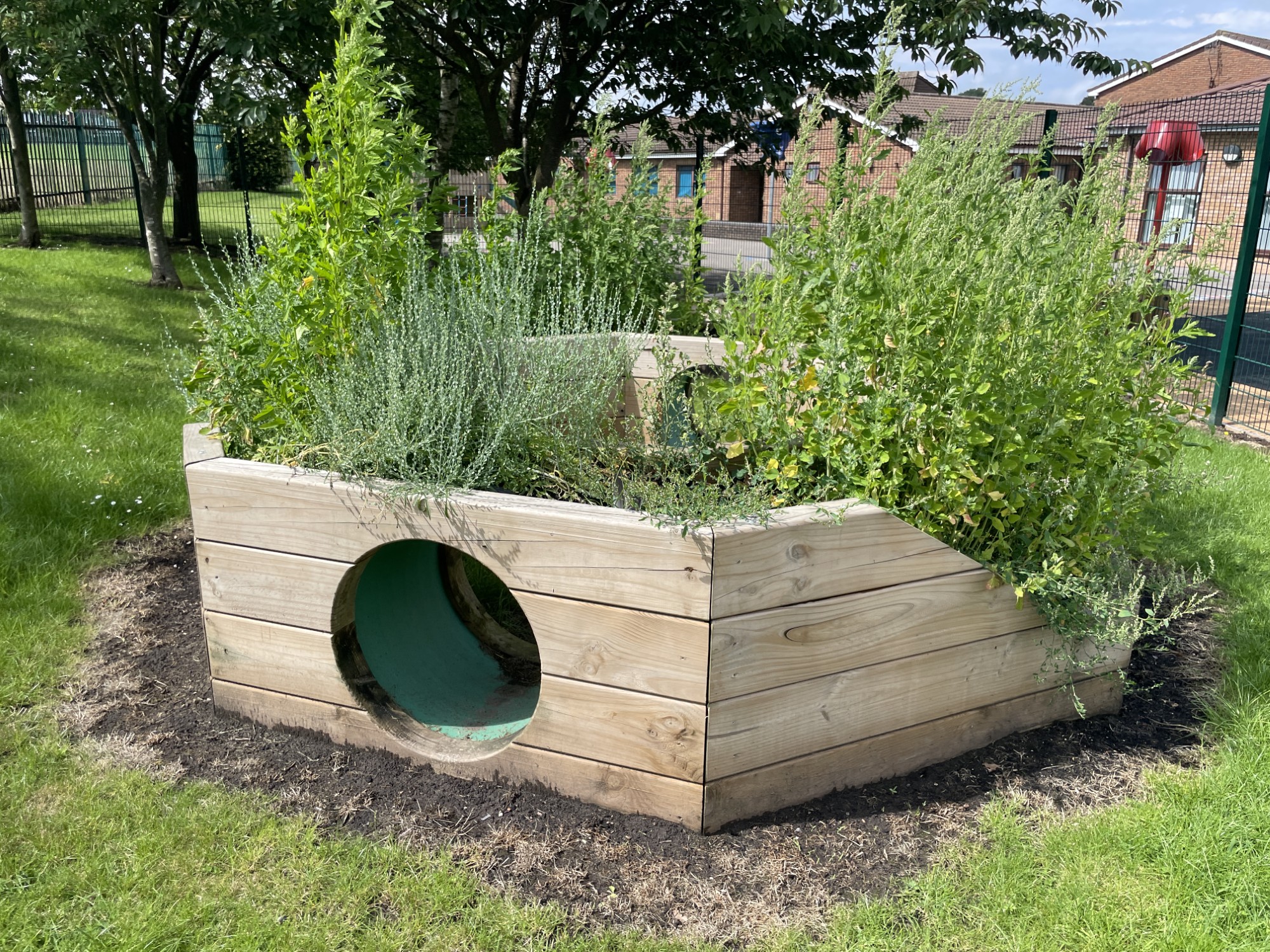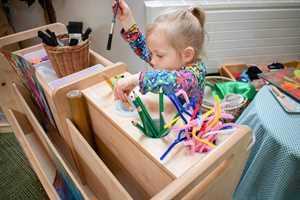Children's Health
Combatting Stress in Children During Exam Season
The Standardised Assessment Tests (SATs) can be a significant source of stress for children, often causing anxiety and affecting their mental wellbeing.
The difficulty of the reading paper in the Year 6 SATs, for example, has been reported to leave children in tears, with even teachers struggling to understand the questions. This highlights the importance of supporting young people and their mental health during such times.
For parents, the SATs usually mark the beginning of exam season and can be quite a scary time. Parental guardians want to make sure that their children are well-equipped but don't want to push their children too much.
Exams add too much pressure to young people across the country and can lead to children developing unhealthy behaviours and coping mechanisms. If these behaviours are not highlighted and prevented, they can be carried through the child's adult life.

Supporting children’s mental health during their exams is crucial as it helps them manage exam stress, anxiety, and other emotional challenges. Activities that promote mental well-being, such as staying calm, expressing emotions, and engaging in outdoor activities, can be beneficial for establishing a healthy mind in children.
It’s also important for schools to adopt a whole-school approach to mental and emotional well-being, teaching positive coping skills from early years and creating a supportive environment.
In summary, while Year 6 SATs are designed to measure attainment, the pressure they exert can be detrimental to children’s mental wellbeing. Therefore, it’s essential to provide support and implement strategies to help young people navigate these challenges without compromising their well-being or performance.
Why exams can be challenging on Children's Mental Health
Children may experience exam stress for various reasons. The pressure to perform well can be a significant source of stress in children, especially with the Year 6 SATs due to how they are often seen as pivotal for future academic opportunities. Here are some factors that contribute to stress in children during this period
- Pressure at School: Teachers may consciously or unconsciously transmit their own stress to students, putting pressure on students as their performance can affect school rankings and the teacher’s evaluations.
- Comparison with Peers: Children might compare their abilities and results with those of their peers, which can lead to feelings of inadequacy if they believe they are not performing as well.
- Fear of Failure: The worry about not meeting expectations or the consequences of not achieving high scores can add a lot of pressure, which can be a source of exam anxiety and stress in children.
- Narrowed Curriculum: Focused preparation on specific test components can lead to a monotonous learning experience, diminishing the joy of learning and increasing stress levels, especially Year 6 SATs stress.
- Parental Pressure: Children are aware of their parents’ expectations towards their exam results and may feel pressured to perform well to make them proud, adding to the exam stress they experience.
- Lifestyle Change: As exam time comes closer, children may change their lifestyle quite drastically. Instead of engaging in a healthy lifestyle, some children may study for long periods of time, instead of taking regular breaks for play.
To mitigate these stressors, educators and parental figures need to create a supportive environment that emphasizes learning and improvement over competition and results.
Taking no action can lead to unnecessary stress and unnecessary pressure being placed on the child, harming their mental balance and their exam performance.

Encouraging children to do their best without overemphasizing the importance of the test can help reduce anxiety. Additionally, schools can implement mental health and well-being activities to help children cope with exam stress and exam nerves.
Why Parents and Teachers need to support Children's Mental Health during exam season:
The presence and support of parental figures and teachers are crucial for children's development, especially during challenging times. Here’s how they can offer support to children during upcoming exams.
Parents:- Understanding and Empathy: Recognise children's unique challenges and offer a listening ear and a comforting presence.
- Consistent Routines: Provide a stable home environment with consistent routines to help children feel secure.
- Encouragement: Celebrate their achievements and encourage them to pursue their interests and goals.
- Academic Guidance: Offer personalised academic support to help children overcome learning obstacles and achieve the best exam results they can.
- Manageable Chunks: Try breaking up the knowledge into easier chunks to avoid overwhelming the children with too much.
- Emotional Support: Be a positive role model and provide emotional support to foster resilience.
- Open Communication: Maintain open communication lines with children and their parents to ensure a collaborative approach to education and well-being.
Both parental figures and teachers play a vital role in nurturing a child’s academic, social, and emotional competencies. By working together, they can create a supportive network that encourages young people to thrive in all aspects of their lives and reduce exam stress in the future.
Mindfulness Activities During Year 6 SATs and other exams
Supporting children’s mindfulness during exams can be beneficial for managing exam stress easier and improving focus. These simple techniques can make all the difference when it comes to reducing your child's exam stress. Here are three activities that can be conducted both in the classroom and at home to help with children’s mental wellbeing during exam season.
Mindful Breathing Exercises
Start the day with a few minutes of guided breathing. Encourage children to sit comfortably, close their eyes, and focus on taking slow, deep breaths. This can help centre their thoughts and calm their minds before beginning their tests.
You would be surprised by the power of breath and how effectively it can reduce anxiety and stress.
Take this outdoors by using Pentagon Play’s Storytelling Pack where groups of children can sit together in nature and do some guided breathing with some fresh air. Nature itself has a calming effect and can enhance the mindfulness experience by:
- Reducing anxiety by calming the mind.
- Enhancing focus by bringing attention to the present moment and therefore aiding children to concentrate better on their tasks.
- Improving well-being through the regular practice of mindfulness, including breathing exercises, has been associated with better grades, less disruptive behaviour, and overall happier and more compassionate children.
- Having physiological Benefits through mindfulness breathing children can become more relaxed by decreasing their heart rates, helping them to find calm even in stressful situations.
- Better Emotional Regulation through regular practice of mindful breathing children can manage their emotions more effectively, leading to a more composed state during exams.
Mindful Colouring
Provide children with colouring sheets that have intricate patterns or themes related to nature. Colouring can be a meditative activity that allows children to relax and engage in the present moment, offering a break from studying. This is often the go-to for relaxation techniques due to how simple yet effective this technique is.
Pentagon Play's Essential Range Group Art Easel can easily be incorporated into a mindfulness colouring session with your children outside in nature. Providing a natural setting can be particularly effective for young people during stressful periods like Year 6 SATs for several reasons:
- Focus and Presence: Colouring requires attention to detail and staying within the lines, which can help children practice mindfulness by focusing on the present moment.
- Stress Reduction: Engaging in a creative activity like colouring can reduce anxiety and stress, providing a calming effect that can be beneficial before or after taking an exam.
- Emotional Regulation: Mindful colouring can help children manage their emotions, offering a way to express themselves non-verbally and healthily process feelings.
- Sensory Engagement: Nature provides a multi-sensory experience that can enhance the benefits of mindfulness activities. The sights, sounds, and smells of the outdoors can further help children relax and feel grounded.
.jpg)
Planting Activities
Doing simple planting activities can be a wonderful way for a young person to relax and de-stress, especially during intense periods like Year 6 SATs. With most exams taking place in an exam hall under exam conditions, going outside gives the children a chance to distance themselves from those serious conditions.
Activities such as creating a miniature garden using shallow trays, soil, pebbles, moss, and plants, to planting seeds in eggs shells and watching them grow will all help with children’s mental wellbeing and mindfulness.
Pentagon Play's Nature and Planting Range can easily be incorporated into any mindfulness planting activities, helping reduce exam stress in young people during demanding periods, such as when they are preparing for Year 6 SATs for several reasons:
- Nature Connection: Engaging in mindfulness activities in natural settings has been shown to significantly increase children’s connection to nature. This connection can foster a sense of calm and belonging, which is beneficial during high-stress times.
- Positive Affect: Mindfulness activities in nature have been associated with an increase in positive emotions and a decrease in negative emotions. Feelings such as “lively” and “joyful” can help counteract the exam stress and anxiety that often accompany exam preparation.
- Focus and Attention: Activities like mindful planting require attention to detail and immersion in the present moment, which can improve children’s focus and attention span. This is particularly useful when studying for exams like the Year 6 SATs.
- Stress Reduction: Interacting with nature and plants has been reported to lower stress levels, as indicated by lower cortisol levels in saliva tests. Reduced stress in a young person can lead to better performance on tests.
- Holistic Well-Being: Regular engagement with nature through mindful activities supports children’s affective and holistic well-being. A well-rounded sense of well-being can enhance a child’s ability to cope with exam pressure.

These mindfulness activities are designed to help children reduce their exam stress whilst keeping them focused and present, which can be particularly useful during the Year 6 SATs week.
Incorporating mindfulness activities in nature in children’s routines can provide the benefits noted above, potentially leading to enhanced healthy mind in children as well as improved academic performance during critical times like the Year 6 SATs and other exams. It’s important to create a peaceful environment and encourage children to participate in these mindful practices regularly.





